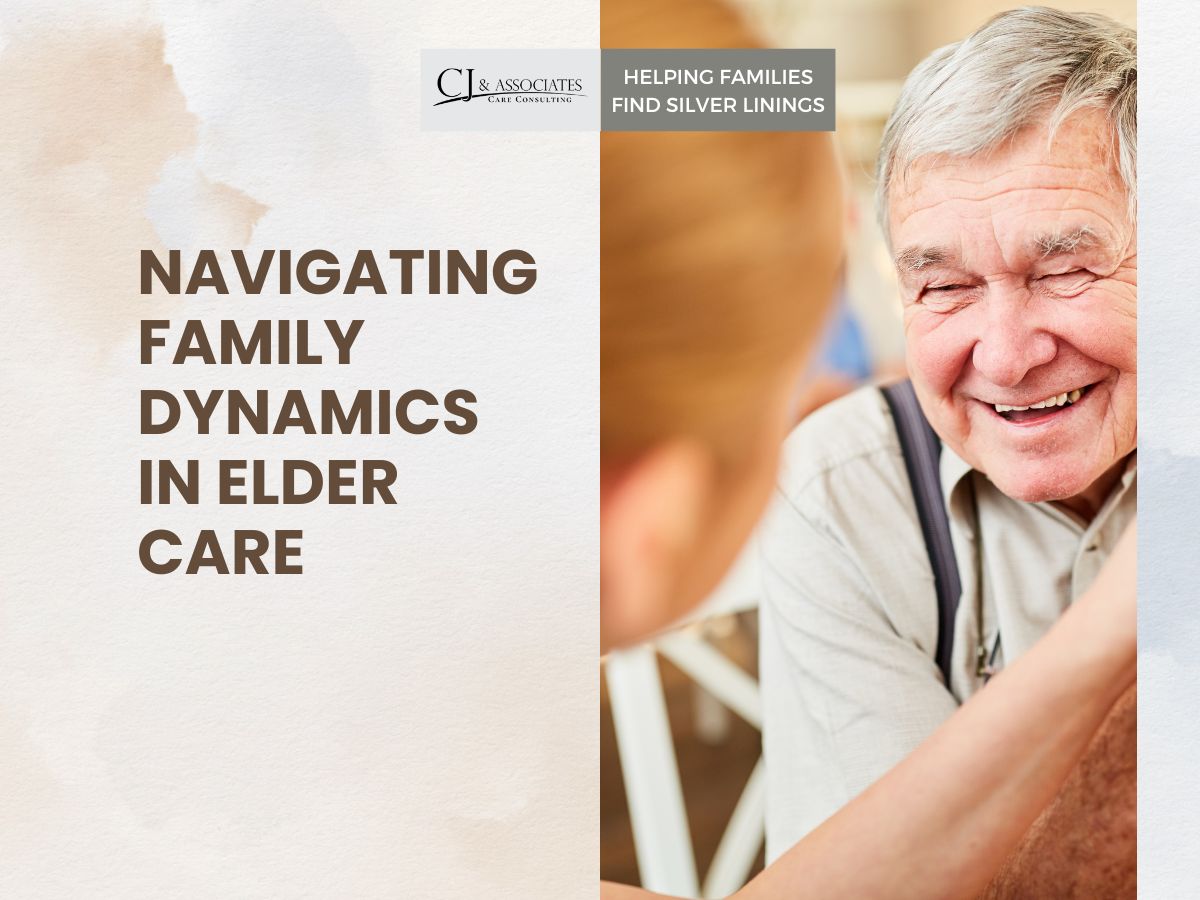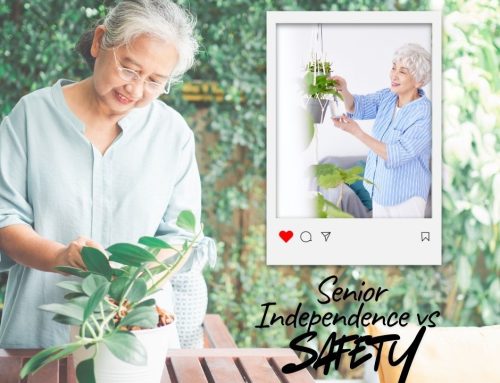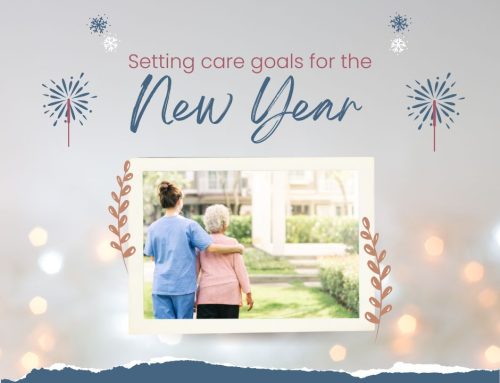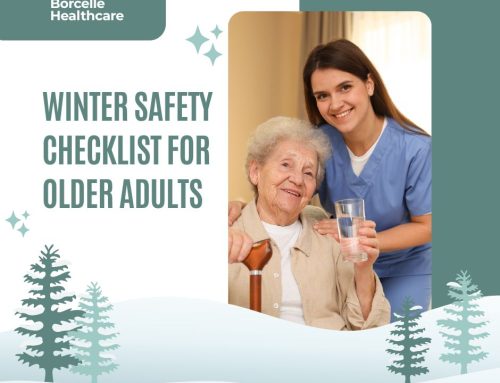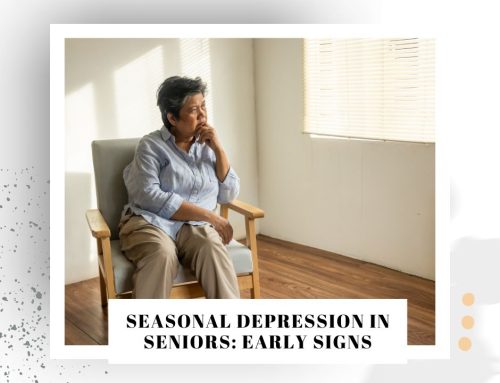Caring for an elderly loved one is often a journey that involves not only addressing their physical and emotional needs but also navigating the complex family dynamics that can arise in the process. When multiple family members are involved, differences in opinions, communication styles, and expectations can lead to stress, conflict, and frustration. However, with thoughtful communication, clear boundaries, and a collaborative approach, families can work together harmoniously to provide the best care possible for their loved ones. Here are some key strategies for managing family dynamics in elder care.
Open and Honest Communication
Effective communication is the foundation of successful elder care. It’s essential for family members to discuss their concerns, expectations, and roles openly and honestly. This includes regular family meetings to discuss the care plan, progress, and any challenges that may arise. During these conversations, it’s important to:
- Listen Actively: Ensure that everyone has the opportunity to express their thoughts and feelings without interruption. Active listening helps validate each person’s perspective and fosters a sense of teamwork.
- Be Clear and Direct: When discussing responsibilities or making decisions, be clear and direct to avoid misunderstandings. It’s helpful to summarize key points to ensure everyone is on the same page.
- Express Gratitude: Acknowledge the efforts of other family members. Expressing appreciation can go a long way in maintaining positive relationships and reducing tension.
Setting Boundaries and Sharing Responsibilities
Caring for an elderly loved one can be overwhelming, especially if the burden falls disproportionately on one or two family members. To prevent burnout and resentment, it’s crucial to set clear boundaries and distribute caregiving responsibilities fairly:
- Define Roles: Assign specific tasks to each family member based on their strengths, availability, and willingness to contribute. For example, one person may handle medical appointments, another might manage finances, and someone else could be responsible for daily caregiving duties.
- Respect Boundaries: Understand and respect each family member’s limits. If someone cannot provide hands-on care due to work commitments or distance, consider other ways they can contribute, such as coordinating services or providing financial support.
- Be Flexible: Family circumstances change, and caregiving needs may evolve over time. Be open to adjusting roles and responsibilities as needed to accommodate these changes.
Seeking Professional Help
In some cases, managing family dynamics in elder care may require the assistance of a professional. This can be particularly helpful when:
- Conflicts Arise: If disagreements become too intense or are affecting the quality of care, a mediator or family therapist can help facilitate productive discussions and resolve conflicts.
- Care Becomes Overwhelming: When the caregiving demands exceed the family’s capacity, consider hiring professional caregivers or exploring assisted living options. A geriatric care manager can provide valuable guidance and support in these situations.
- Legal and Financial Issues: Complex legal and financial matters related to elder care, such as power of attorney, estate planning, or guardianship, may require consultation with an elder law attorney or financial advisor.
Prioritizing the Elderly Loved One’s Wishes
At the heart of elder care is the well-being and dignity of the elderly loved one. It’s essential to keep their wishes and preferences at the forefront of any decisions. Involve them in discussions about their care as much as possible and respect their autonomy. When family members are aligned with the elderly person’s desires, it becomes easier to navigate difficult decisions and ensure their comfort and happiness.
Conclusion
Navigating family dynamics in elder care can be challenging, but with open communication, clear boundaries, shared responsibilities, and professional support when needed, families can work together effectively to provide compassionate and comprehensive care. At CJ & Associates Care Consulting, we understand the complexities of elder care and are here to offer guidance and support to families as they navigate this journey. Contact us today for a free consultation to discuss how we can assist you in providing the best care for your loved one.

